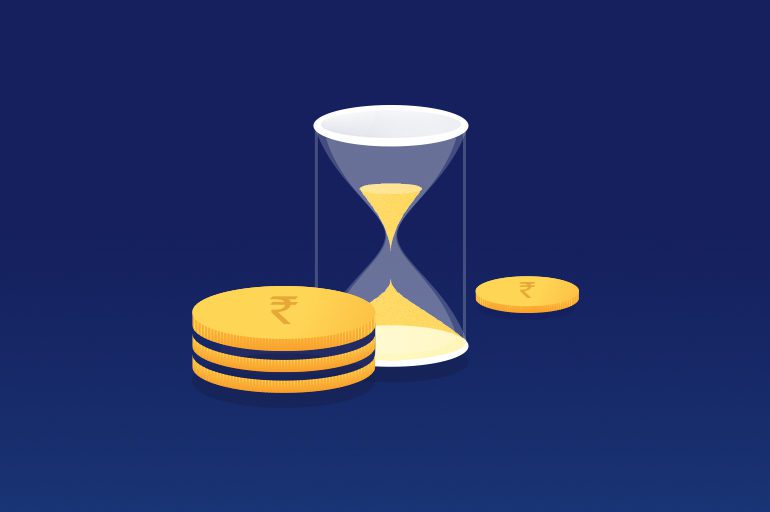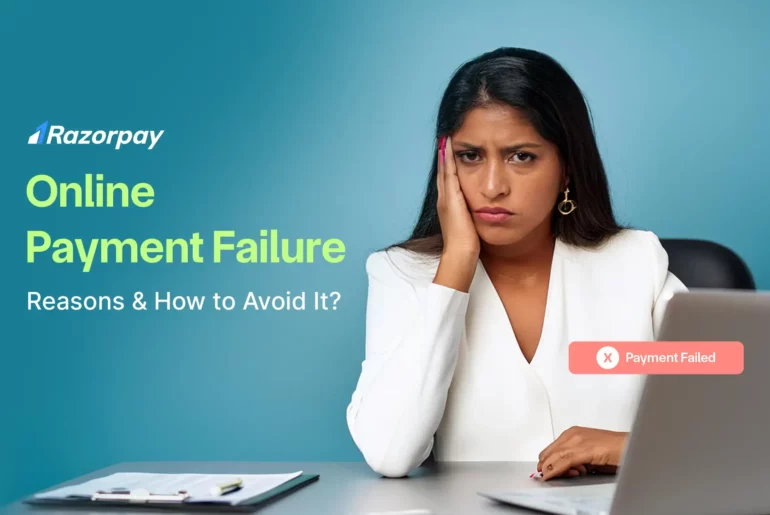(This article first appeared in ET Tech on November 11th, 2016.)
Ever since the National Payments Corporation of India (NPCI) announced the UPI (Unified Payments Interface), there’s been a lot of conversation about how mobile wallets are staring down the barrel of a loaded gun.
How is India going cashless ?
There are about a dozen recognised wallets in India, and ‘digital payments’ is one of the fastest growing industries. These ominous announcements tell us that wallets will have to pivot, else get redundant. What I particularly found interesting was how the first time in history an entire industry is being disrupted by the incumbents – the Indian government no less.
With UPI taking stage from the 11th of April this year, there are about 29 banks that are likely to adopt it and other banks are in the course of joining the fray. UPI uses the existing infrastructure of Immediate Payments Service (IMPS) which enables money transfer from a bank or wallet to any other bank or wallet permitted by the RBI.
The grand adoption of UPI is expected to turn the tide from the use of paper money to digital money. This will act as a strong ‘digital framework’ by giving a unique identity to all financial instruments on UPI that will help ease online payments.
Introduction of UPI will offer huge opportunities in expanding the Indian e-payments ecosystem. We’re finally embracing our mobile-first ethos, by building a generation of products that are suitable to mobile. India was completely oblivious to the PC revolution and this comes as a blessing in many ways. By eliminating layers of complicated procedures and providing one common interface on a single app, the idea is to make the physical wallet an urban legend.
The Huddle’s
But let’s pause and process this whole hoopla. Under the veneer of ‘good times ahead’, lies a whole load of unanswered questions and ambiguity.
For example, UPI still needs a two-factor authentication; that dreaded security feature (or hassle, as some view it) is exactly why customers love wallets and yearn for simplicity in online payments. It’s a prerequisite to have enabled mobile banking on your account before you can start using UPI. When was the last time you saw someone use SMS banking? Chances are that you’ve never.
Above all, there’s a mountain of paperwork you need to fulfil in the digital age. And if that’s not enough, every seller has to support UPI before you can pay them using it. Essentially, it becomes another payment method of transacting apart from the existing ones, instead of being a simpler one.
Digital wallets companies will have to request NPCI to gain access to UPI and that is not happening anytime soon. Meanwhile, wallets that might be affected right now are the plain old vanilla wallets that allow you to carry digital money. If there are indeed such companies, their business models were flawed in the first place.
A digital wallet to merely ‘hold’ money is absurd and must offer more services if it needs to survive. Take Paytm for example. It has a whole host of services from booking bus tickets, mobile recharges to connecting online sellers. However, a limiting feature for transactions done through digital wallets is that they will need a card payment or netbanking transfer the recharge the wallet. RBI already puts a cap on the amount of money that can be stored and transacted per month in a digital wallet.
UPI’s ubiquity also hinges on the adoption of smartphones in India. While smartphone penetration is on the rise, it’s still not close to being the de facto mode of transacting. We’ll also have to re-educate users with respect to how UPI handles security, and how it is vastly different – something that has to start from scratch.
Related Read: What are the Different Types of Digital Wallets?
Verdict
These are still early days for UPI and its success depends on ease in norms. No other country in the world can boast of a robust payment solution system like the UPI if it has a successful launch.
It’s expected to unlock a new channel for growth in digital payments by adding to the plethora of options available. UPI will not compete directly with any mobile wallet to take on the top spot, but will join Indian businesses coming online in making India a ‘Cashless Economy’. And these are the earliest signs of that elusive search taking shape.


